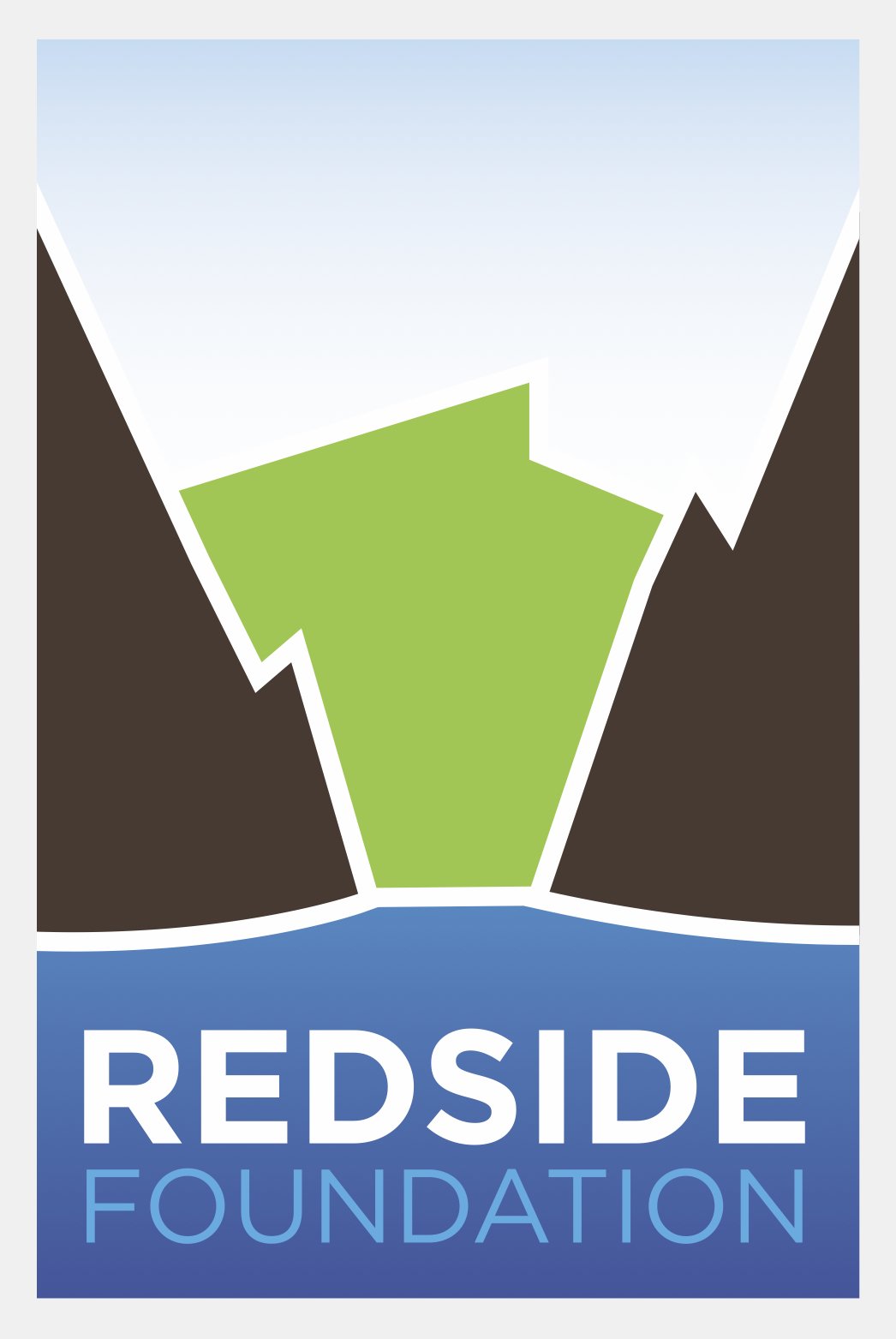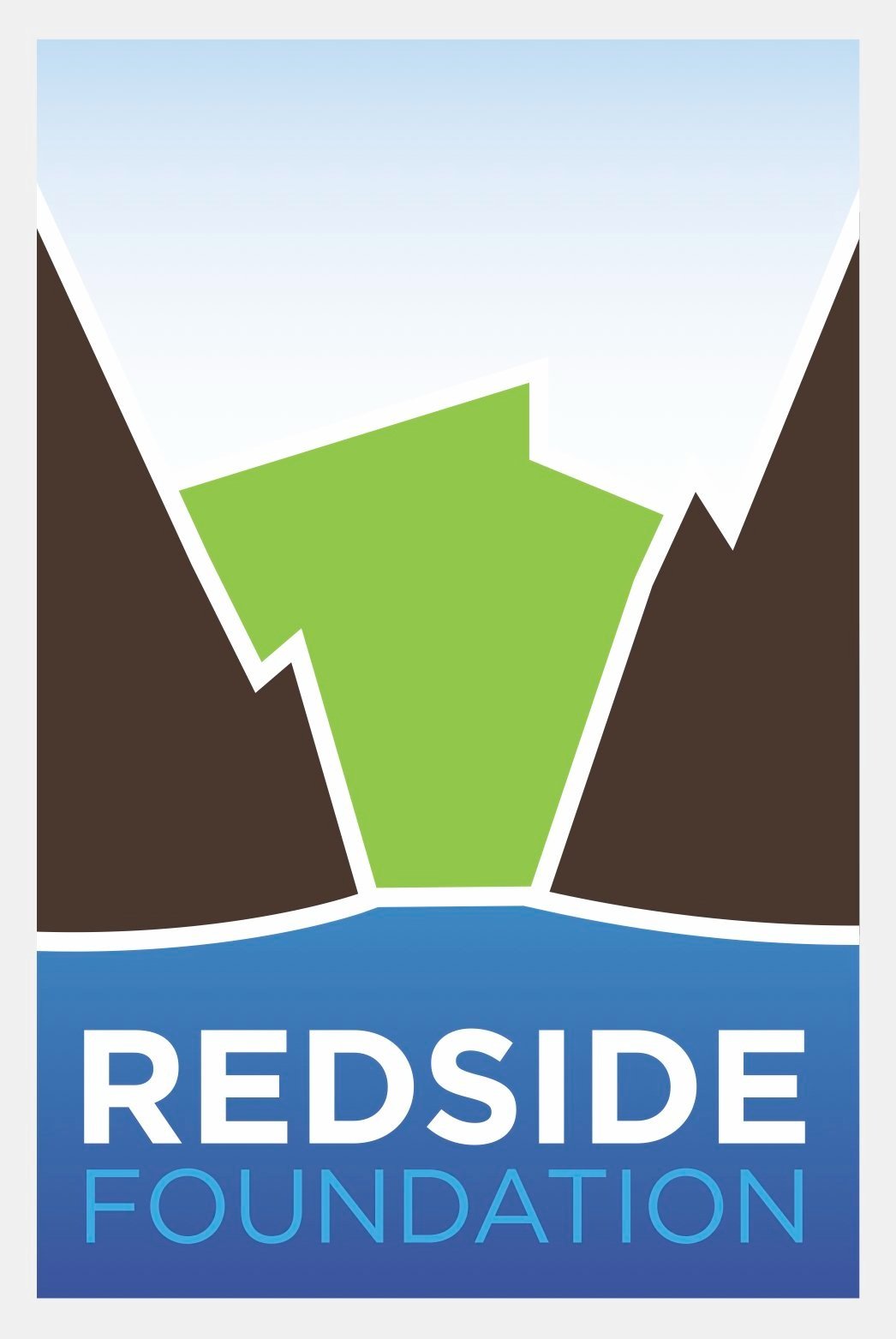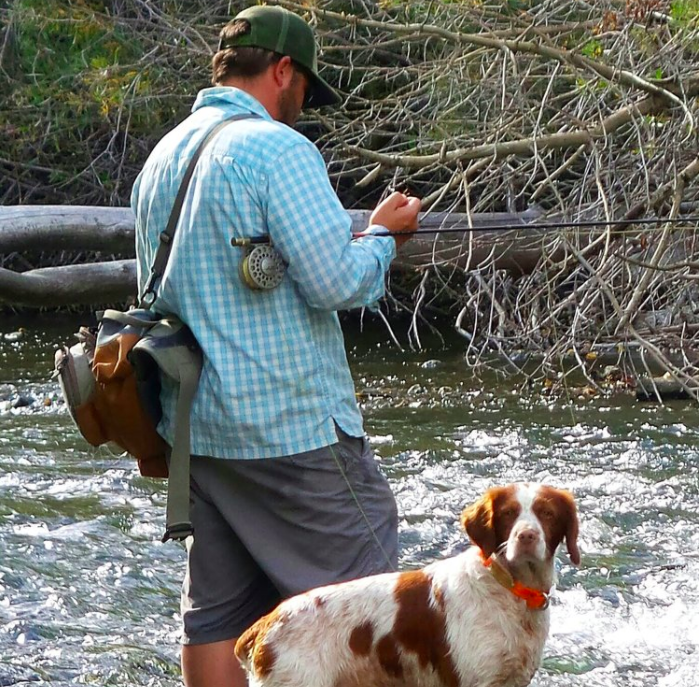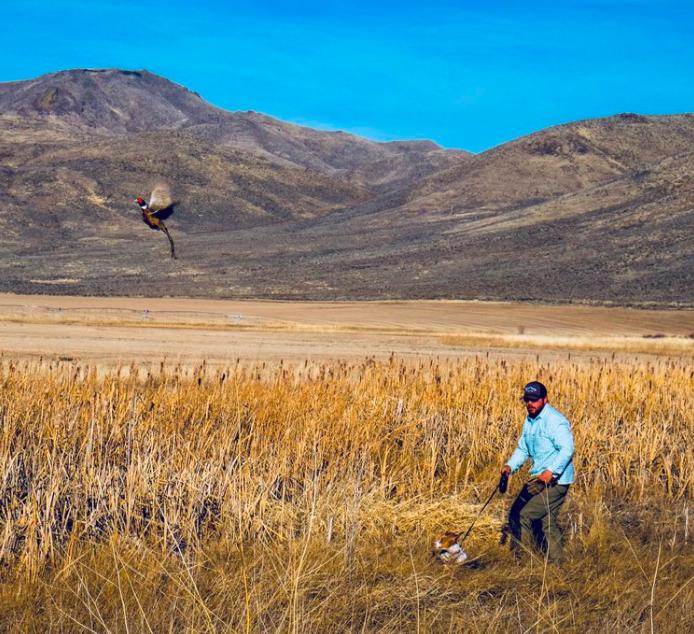GUIDE OF THE QUARTER: ZAC MAYHEW
Zac Mayhew is a fishing and hunting guide for Picabo Angler out of Picabo, ID. He mainly guides clients on boat and wade fishing trips in the Wood River, Lost River, Upper Salmon River drainages, as well as on Silver Creek. Zac grew up in the Wood River Valley and has been guiding in the greater Sun Valley area for thirteen years. He has been recognized as a local favorite by several Idaho-based periodicals, both for his fishing ability and his charismatic and compassionate approach to guiding. Booking Zac is tough because of the sheer volume of his returning clients. Zac can be found guiding Idaho’s rivers year-round, but during his coveted personal time, he can be found traveling internationally with his wife Abby, exploring exotic rivers, chasing fish, and frequenting new watering holes.
The following interview was conducted by Redside Board member Brian Chaffin in Stanley, ID, July 2019.
BC: Zac Mayhew, great to talk to you—first thing: how many years have you been guiding?
ZM: Thirteen. Seems crazy to me—can’t believe how fast the time has passed. I have a ten-year-old dog. I immediately started guiding in the Wood River Valley after returning from the University of Idaho.
BC: So when you came back from college—go Vandals by the way—did you know that was what you were going to do? Had you guided before?
ZM: No… so I had about two more semesters left for a degree, was out of financial aid, and was trying to decide whether or not to take private loans to finish up or not—and I fished every day as a kid, after work, after school—so I walked into Lost River Outfitters to buy some flies one day and Scott, the outfitter, asked me what I was going to do that summer, and I said I hadn’t really figured it out yet. The years previous I had gone up to Alaska and worked on commercial salmon fishing boats. So I told him I was a little bit lost this year and he said, “Well why don’t you guide for me this summer until you figure out your next step and what you want to do.” As I always tell clients about fishing, “Why don’t you figure this out until you decide you’re going to do when you grow up.” Thirteen years later, I guess I haven’t figured out what I’m going to do when I grow up.
BC: That’s funny. Seems like you’ve ‘figured this out’ at least. Now I know you don’t work for Lost River Outfitters currently, what has been the progression of the different outfitters or shops you’ve worked for and places you’ve worked in your career so far?
ZM: I worked for Lost River Outfitters for 10 years, I’ve guided the Owyhee in Oregon and on the Grande Ronde River in Washington during fall steelhead season, and now I’m with Picabo Angler. This will be my third year with them guiding fishing, upland bird hunting, and duck hunting.
BC: Nice. Do you have a favorite moment or memory from guiding?
ZM: Really, just one?
BC: I know, it’s a tough question, but from your years of guiding and all the clients you’ve worked with, does something stand out?
ZM: Well, there’s a bunch. I’ll go cheesy with it, but it is watching somebody inexperienced do everything right and catch a fish. I’ve got millions of those, but they’re all great. It even happened today, I got hit in the nuts because my client—every time a fish comes up beneath a dry fly she loves to dance and freak out—so this big cutthroat came up and ate a big fly and she yelled and screamed and hit me right in the crotch. I told her if we went fishing again I’d have to wear a cup.
BC: That’s fantastic. Along the same lines of remembering fishing trips and moments, has there been one, or a type of trip that has been more challenging for one reason or another?
ZM: Outside of helping someone with a disability catch a fish—which is incredibly rewarding—no, not really. The challenge is just managing expectations. Being a fishing guide, especially in the places where I work, many of our clients have fished all over the world. They’ve been able to do and experience things that I can only dream about. So, you get a lot of those people who want or expect epic days every time they fish, and they might only fish five days a year, always with a guide, and so it can be tough to manage those expectations given all the uncontrollable variables, the realities of weather, water, time of year, etc.
BC: You’ve talked about the rewarding moments of just seeing someone catch a fish and fulfilling their goals and seeing them satisfied, is there anything that sticks out for you that was just unbelievable, or like, “Holy s&%t, I can’t believe that just happened?”
ZM: What immediately comes to mind is this woman with whom I still fish; her sister passed away a long time before I met her, when she was young. We were fishing on the East Fork of the Lost—and there is a population of Arctic grayling in the East Fork—and she was asking me what type of fish were in this stretch. I told her there were two types of cutthroat, brook trout, rainbows… and then there’s this unicorn. And she looked at me kind of weird and said, “What do you mean by unicorn?” I said, “Well, it’s an arctic grayling, but there’s not many of them.” She proceeded to tell me that she used to call her late sister ‘the unicorn’ as a nickname. Six casts later—and of course we didn’t know the fish was in the pool—she catches a unicorn. We both got pretty choked up—it was just one of those cool things where you’re like, that was bigger than both of us.
BC: That’s incredible—had you ever caught one in there before?
ZM: I still haven’t caught one there. I’ve guided a few people to catch one, but haven’t caught one myself.
BC: Unbelievable. That’s great story. As a guide, personally, do you have any specific goals? For example, any places you want to guide or places you want to take people, or any aspirations in that respect?
ZM: Huh, that’s a tough one. No… I mean, the crazy thing—and this is a weird one—is that in going on international fishing trips to places like Argentina, even with my clients, the best thing I get from that is the opportunity to be guided by other guides, learning from other fishing guides that do it for a living. So, I guess my aspiration is to learn from as many other guides as I can. Other than that, I don’t really have any goals of an upper echelon… I would love to go to British Columbia and guide steelhead or go to the Seychelles and be a salt water guide salt during the winters or something like that. Fishing guiding is a little bit different in the respect that—I wouldn’t say it’s more of a skillset—but it is more specifically about place-based knowledge. Anywhere you go your skills don’t necessarily transfer. You can’t just say, “Hey, I want to be a tarpon guide in Florida.” You have to know about tarpon, you have to about the area. Just like running rivers probably, it takes time on a specific river—no one is going to pay you right off the bat to guide them in this environment. “Hey, I’m from Idaho… I’ve seen tarpon before, and I know how to fish, you should pay me $700 and we’ll try to catch one.” Not gonna happen.
BC: With regard to rivers and how water flows in channels, a wave is a wave anywhere on earth, but with fishing—and I never thought about this before—the fish is a very dynamic component. Each fish’s life history, foraging approach, mating strategy, they can be very unique and context dependent. So, I think fishing guiding is unique in that respect.
ZM: Yeah, so it’s species-based and climate-based… and insects. There’s so much to know.
BC: Changing gears, I want to ask you a personal question. Because you guide fishing trips as a profession, do you still like fishing on your own?
ZM: Absolutely! Do I ever fish on the same rivers I work on? Slim to none.
BC: So when you fish for yourself, you fish in places you don’t guide? Can you share with me one of your favorite places to fish?
ZM: One of my favorite places to fish—and I only get to fish it maybe a couple times a year—is the South Fork of the Boise. It’s a unique river in Idaho, it’s a non-commercial river. There are no guides or outfitters allowed to work on that river. For me, I get to row a boat with my wife and my dogs and on a day off, that’s something special. And it’s interesting to actually realize that you’re not going to run into anyone working. It’s a weird concept as a guy who makes their living guiding, but it’s pretty neat.
BC: It’s kind of sacred water.
ZM: Yeah, I think the “Governor’s River” is what it is known as.
BC: “He” reserved it for himself and the people, I guess. Speaking of your lovely wife Abby, how do you balance your home life with this kind of this career?
ZM: Well, it takes two to tango, but Abby, without a doubt, has realized that from May through November-December when I’m guiding bird hunting, that she is going to be independent and on her own for the most part. There are no weddings, no weekends off, very little personal time. I am fortunate in the fact that she gets it. She understands that I love my job and she loves to help me be successful at my job. Whether that is me burning chicken the night before a trip and her making chicken for me in the morning—I am very fortunate. I guess—what’s the cheesy saying—something about being away makes the heart grow fonder? Yeah, I think that is very true.
BC: So do you spend more time on that relationship and at home during those months that you are not guiding?
ZM: Yeah, absolutely. Minus the travel stuff that I do, the winter months are Abby and I. And it slows down in October. She’s fishing and hiking and doing that fun stuff on the weekends during the season which I miss, but I will say that one of the nice things about my job—and it is different than say, wilderness rafting or hunt guiding—is that I get to go home every night. I don’t have the 7-14 days away, come back, 2 days at home and then out again. So, I’m home every night regardless of being tired and we get to hang out and spend time together.
BC: That is a nice aspect. So, big question—why do you do it? Why do you guide, that is?
ZM: People. Relationships that I’ve been able to form over the course of my career. Amazing friends and clients and people that you get to meet with different life stories, different experiences, different backgrounds. I think being a guide—for me anyway—fishing, most days, is secondary to hanging out and sharing experiences with good people in beautiful places. That’s how I would classify my job. That’s why all guides love guiding, right?
BC: I couldn’t agree more. If you had to give advice to somebody just stepping on the scene, a younger guide, a generation similar I’m sure to you thirteen years ago when you started guiding, an eager personality, someone who wants to make a life of this… what might you say to them?
ZM: That’s a great question. We all learn differently what we’re good at. But, one thing—and this is fish guiding—while it is about managing expectations, not everybody needs to catch 100 fish that are twenty inches. So, the harder you push for your own ego or your own ‘day’—a lot of times people are happy catching very few fish, being in a beautiful place, and having a great conversation. Rather than, you know, these epic days. You also get those people that need both, but I think the ability to read people is more important than the skillset in the fishing world I would say.
BC: I think you have likely just spoken a universal truth of guiding, I don’t think that is just limited to the fishing world. Would you give a new guide any practical advice, perhaps something ‘less deep’ about how to manage their life?
ZM: No… other than, you’re gonna be poor for a long time. [Laughter] You’re gonna work too much and not make s%&t money, so enjoy it.



